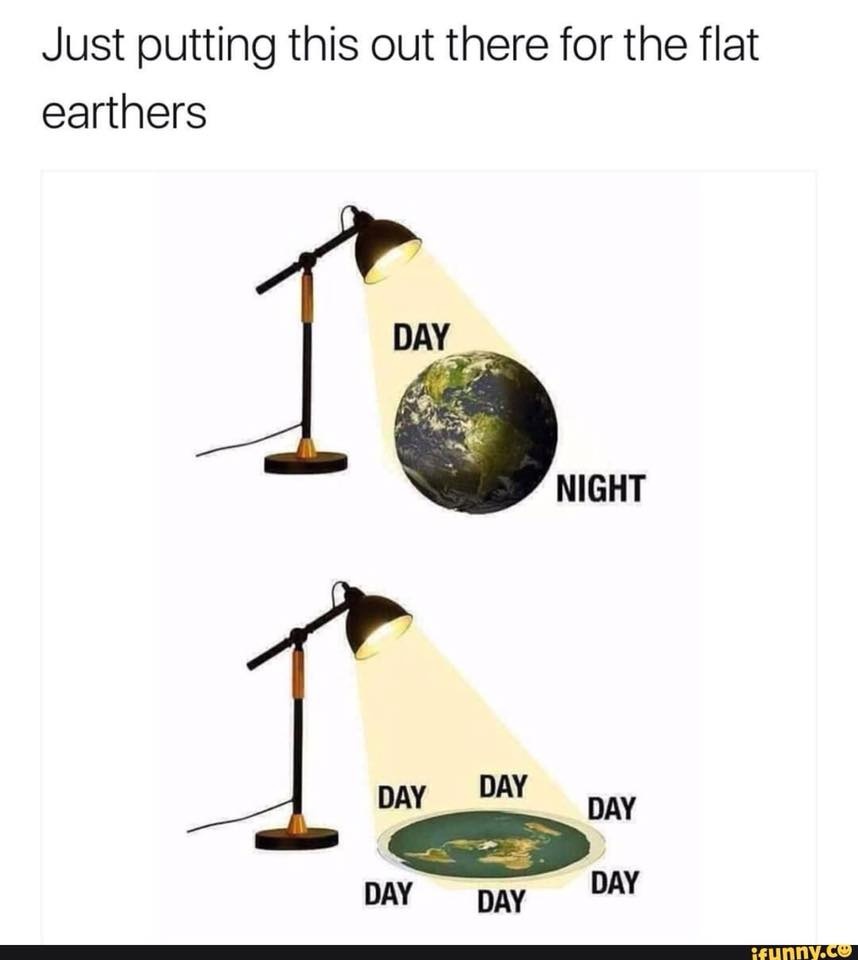

As recommended with most online surveys, the design included attention checks to screen out thoughtless respondents-such as those who answered too quickly, or “straightlined” their agreement or disagreement with incompatible statements. Sampling weights allowed final small adjustments toward a representative profile. 2 By design, the survey sample was nationally representative with respect to age, gender, race, education, and political party. The conspiracy and science questions described here formed part of an online survey called POLES 2021, answered by 1,134 U.S. 1 The survey results described below fit generally with previous studies, while adding new details. Origins and explanations for conspiratorial beliefs are consequently the focus of much research. politics, shaping how many people think about elections, the COVID-19 pandemic, and other issues. Conspiratorial thinking or conspiracist ideation has become a prominent feature of current U.S. But among the general public, just how prevalent are such beliefs? On a nationally representative survey, we asked whether people agreed, disagreed, or were unsure about these conspiracy claims-and for comparison, asked similar questions about some basic scientific facts, such as whether Earth is billions of years old.Īcceptance or openness to conspiracy beliefs was significantly higher among certain subgroups, including Millennials and supporters of ex-president Trump. Is the Earth really flat? Did NASA fake the Moon landings? Do COVID-19 vaccinations implant people with microchips for tracking? These and other pseudo-scientific conspiracy claims get wide exposure on social media such as YouTube, Facebook, and Twitter, where they are avidly shared by believers and trolls, giving an impression to some people that support for such claims is growing.

Although agreement with conspiracy claims was low overall, it was significantly higher among two subgroups: Millennials, and supporters of ex-president Trump.


 0 kommentar(er)
0 kommentar(er)
